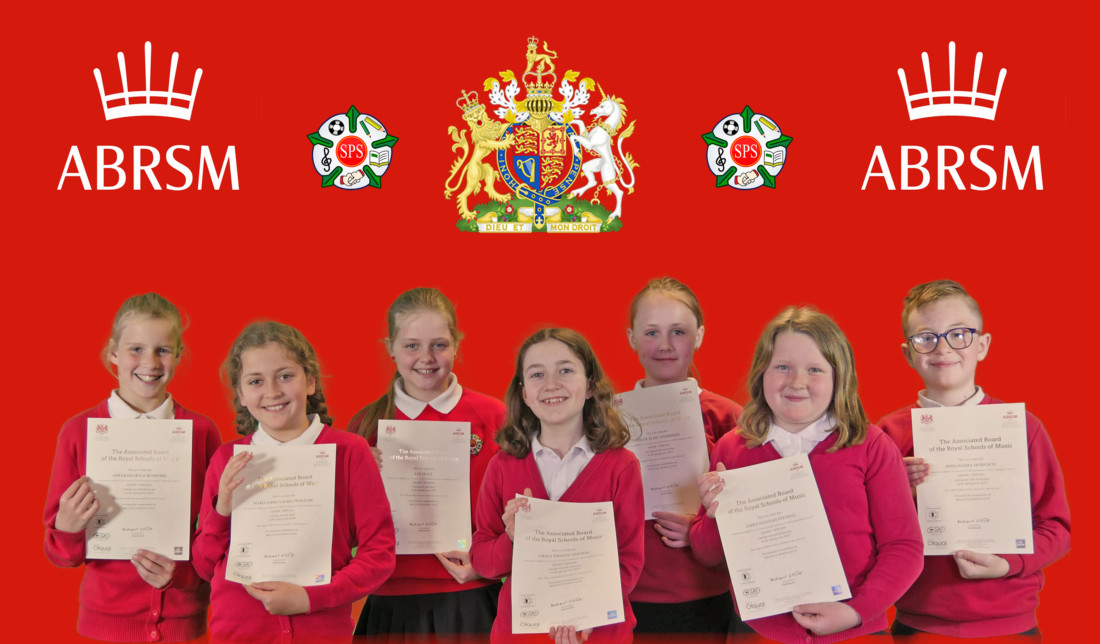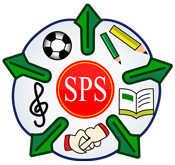Music – Singing
Subject Key Objective Progression & Development by Year Groups
The following is a guide to help you understand your child’s progression through school.
All lessons are differentiated. This means teachers plan activities that enable the objective to be learned by all children including those who will find the objective challenging, those children who with hard work will secure good progress and those children who can tackle extra stretch and challenge in this subject.
Intent, Implementation and Impact
The curriculum is designed with our pupils and the Swinemoor community in mind.
It enables children to access and enhance their understanding of their home, their town and the wider community, developing their cultural capital and giving them opportunities and choices about their future and their impact as they progress through their school career and beyond.
This will help them become successful members of modern British society, preparing them for the challenges and opportunities.
Music – Singing

EYFS: “Sharing their thoughts, ideas and feelings through musical activities.”
KS1: “Use their voices expressively and creatively by singing songs and speaking chants and rhymes.”
KS2: “Play and perform in solo and ensemble contexts, using their voices with increasing accuracy, fluency, control and expression.”
EYFS:
High (T2)
Low (T2)
Loud (T1)
KS1:
Forte (T3)
Piano (T3)
Pitch (T2)
KS2:
Harmony (T2)
Composition (T2)
Petatonic scale (T3)
Children may demonstrate an understanding of how to perform music with feeling, style and an awareness of the historical and cultural context of a composition.
Children will increasingly develop the life skills to understand, appreciate and express themselves through music.
Children may understand how to communicate the composers’ intentions by reading and interpreting written music notation.
Through the understanding of music, pupils may develop a greater understanding and appreciation of British values and culture helping them to develop a greater appreciation and understanding of the world around them.
What will be made, produced, performed, or published?
Children will demonstrate their understanding of musical performance by performing regularly in school assemblies, school shows, the annual X-Factor competition, for outside audiences and some pupils will achieve a high enough standard to sit a grade exam assessed by the Associated Board of the Royal Schools of Music (ABRSM).
All these performances will be available on the school website.
What knowledge will the children have embedded?
Children will be able to sing musically with increasing confidence and control. Children will have a detailed knowledge of musical language that assists with performance. Some children will also be able to read and interpret written musical notation.
What retention may be demonstrated?
Here are some example questions that may be used to assess children’s understanding.
EYFS: Can you listen to these notes and tell me if they are high or low?
KS1: Can you tell me what pulse means? Can you tell me some Italian words we use in music?
KS2: How do we produce a quality tone when we sing? When we perform a song for an audience, how do we make sure we perform well?
Music – Singing – Primary Curriculum
Singing – Foundation stage:
Sing broadly in tune within a limited pitch range.
Singing – Year 1:
Sing in tune within a limited pitch range, and perform with a good sense of pulse.
Singing – Year 2:
Sing in tune within a limited pitch range, perform with a good sense of pulse and show an understanding of dynamics.
Singing – Year 3:
Sing confidently within an appropriate vocal range with clear diction, mostly accurate tuning and appropriate tone.
Singing – Year 4:
Sing confidently and fluently, maintaining an appropriate pulse within an appropriate vocal range using good technique.
Singing – Year 5:
Sing in solo and ensemble contexts with confidence, fluency and accuracy.
Singing – Year 6:
Sing in solo and ensemble contexts with confidence, fluency, accuracy, control and expression.

Singing – Mastery:
Demonstrate confidence, expression, skill and a level of musicality through performance and understanding of written western classical staff notation.

This collection of short films and resources will help you understand your child’s progression through school.
The curriculum film resource has been broken down by subject area initially and then by topic area.


